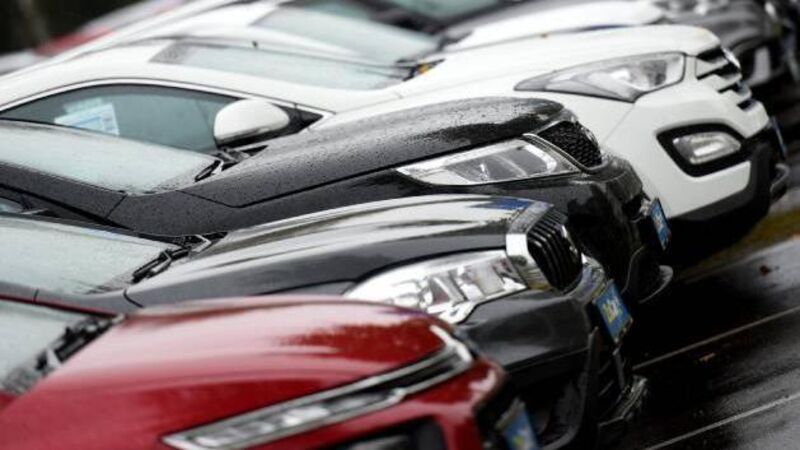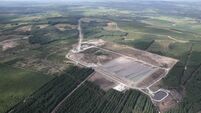Families may have to forgo second cars if farmers do not meet emissions targets

A cut in the number of cars on Irish roads is one of the options being considered if agriculture does not meet a sufficiently high cut in carbon emissions. Stock picture: Larry Cummins
Families could be forced to abandon their second car if higher-level carbon emission targets for the agriculture sector cannot be agreed, senior Government figures have warned.
A reduction in the number of cars on roads is among the options that would have to be considered if a 30% reduction in carbon emissions from agriculture is not met.
CLIMATE & SUSTAINABILITY HUB













